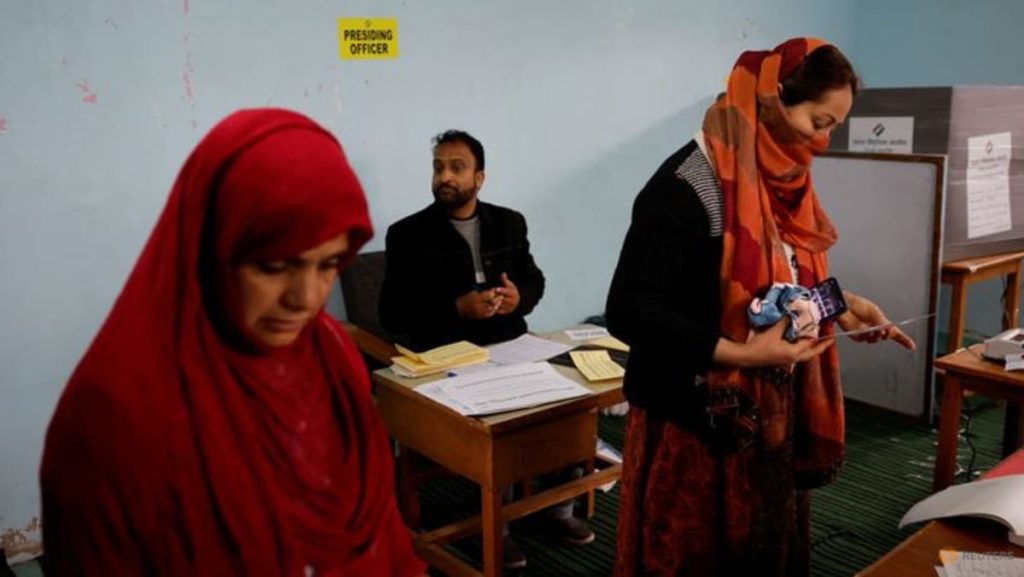Today, Kashmir remains one of the most heavily militarised regions in the world, with ongoing tensions and conflicts between India and Pakistan. The BJP, under Prime Minister Narendra Modi’s leadership, has been making efforts to increase its support base and attract local residents in Kashmir. Despite Modi’s assertions that Kashmiris are in agreement with the removal of the region’s special status, his party has decided not to contest in any of the three seats in Kashmir. This decision may be seen as a strategic move to avoid potential defeat, which could damage Modi’s claims and reputation.
It is speculated that if the BJP had chosen to contest in Kashmir, a loss in the elections could have been a significant blow to the party and its leader. As a result, the BJP has chosen to focus on campaigning in two seats in Hindu-majority Jammu and one in Ladakh, all of which the party had won in the previous election. Additionally, there have been discussions within the ruling party about asserting control over Pakistan-administered Kashmir, a move that local leaders warn could escalate tensions in the region and provoke retaliation from the Pakistani military.
One key indicator of local sentiment in Kashmir will be voter turnout in the upcoming elections. In 2019, voter participation in the region was reported to be less than 40 percent, reflecting a lack of confidence and engagement among the population. The low voter turnout suggests lingering dissatisfaction and disillusionment among Kashmiri residents regarding political representation and governance. The BJP’s decision not to contest in Kashmir could be interpreted as a recognition of the challenges and complexities involved in gaining support and legitimacy in a region plagued by conflict and unrest.
The ongoing political dynamics in Kashmir highlight the broader complexity of the region and the challenges faced by both the central government in India and local leaders in addressing the longstanding grievances and aspirations of the Kashmiri people. The delicate balance of power and the legacy of conflict between India and Pakistan add layers of complexity to the situation, making it difficult to achieve lasting peace and stability in the region. The decision to not contest in Kashmir reflects a cautious approach by the BJP, focusing instead on maintaining its stronghold in other regions while navigating the sensitive political landscape in Kashmir.
As tensions and uncertainties persist in Kashmir, the upcoming elections will offer insights into the evolving political landscape and the sentiments of the local population. The BJP’s decision to not contest in Kashmir’s seats underscores the challenges and complexities of governance in the region, highlighting the need for a nuanced and inclusive approach to addressing the concerns and aspirations of the Kashmiri people. Ultimately, the path to peace and stability in Kashmir will require dialogue, empathy, and a commitment to addressing the root causes of conflict and discontent among the residents of the region.


